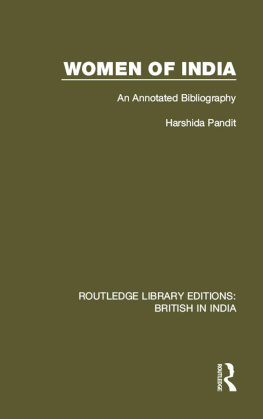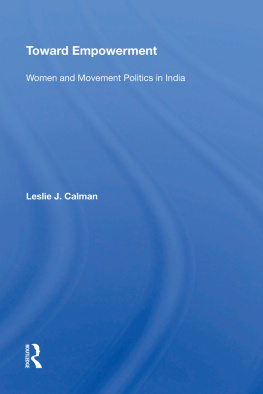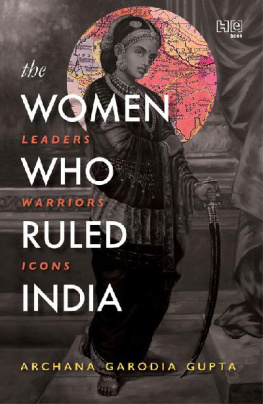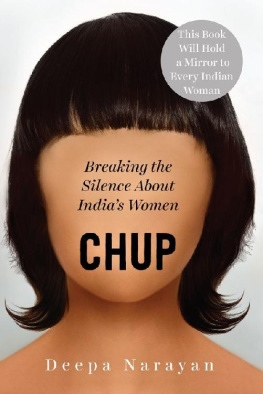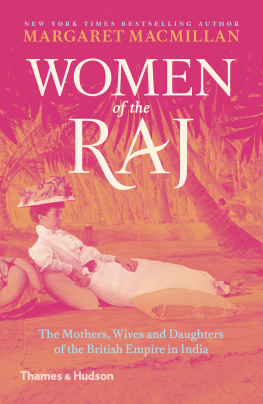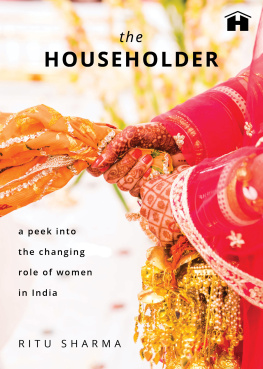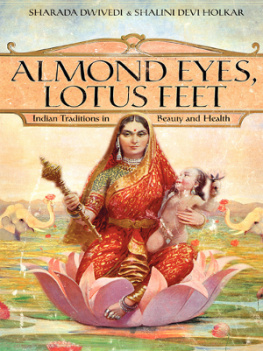A BOMBAY LADY
WOMEN OF INDIA
BY
OTTO ROTHFELD, F.R.G.S., I.C.S.
AUTHOR OF
INDIAN DUST, LIFE AND ITS PUPPETS
WITH PEN AND RIFLE IN KISHTWAR
ILLUSTRATED BY
M.V. DHURANDHAR
BOMBAY
D.B. TARAPOREVALA SONS & CO.
Printed in Great Britain
by Turnbull & Spears, Edinburgh
DEDICATED
WITH THE DEVOTION OF A LIFETIME
TO THE KINDEST OF FRIENDS
MRS ARGYLL ROBERTSON
A CONSTANT WELL-WISHER OF
INDIAN WOMANHOOD
Chapter I
AS THEY ARE
Others had written even before Vatsyana the Wise wrote his Gospel of Love. At that time the power of the Yvans and the Skas was outstretched over the land. They were peoples that had come out of Persia and Bactria and obscure Scythia, many of them men with the blood of those Ionian soldiers who had marched with Alexander and settled with Eastern wives under Eastern skies. The teachings of Gautama, the Indian prince, they had made their own; and to the countries in which they ruled they had brought the peace of Buddha and the temperate fruitions of Greece. On all the great trade-routes were monasteries of Buddhist monks and large caravanserais for merchants and pilgrims. Even as far as the sands of Lopnor, far across the roof of the world, and to the Gobi desert, where the Chinese land begins, the tribes that gave rulers to India had set their posts and planted their colonies. On cunningly-sealed wedges of wood they sent their royal orders to the wardens of their frontiers and on palm-leaves from the Indian coasts they inscribed the lore that gave the illumination of God to settlements on the mountains and in the Central Asian deserts. In the shrines or stupas that they raised to Buddha, the wise teacher, they had dadoes and frescoes painted in tempera by some Titianus or Heliodorus from the Hellenized Levant, adventurers of a fine Grecian courage, who scattered their harmonious energies and their joy in life over the Indian world. Along the trade-routes marched merchants caravans, burdened with silks and rare spices, that found their way from China to the Black Sea or the precarious ports on the Arabian Coast.
Women, wrote the professors of love, in that time of peace and enjoyment, can be divided into four classes. There is she who is a pure lotus, and she who is fair as a picture, she whom they call hag and witch, and she who can be likened only to the female of the elephant. Of her who is as a lotus they wrote: Her face is pleasant, like the full moon: her plump body is tender as the mustard flower: her skin is fine and soft as the golden lotus, fair and undarkened. Bright and beautiful are her eyes like those of the antelope, clear-cut and healthful. Her breast is firm and full and uplifted, and her neck shapely: her nose is straight and delightful. The scent of her body is like a lily newly burst. She walks delicately like a swan and her voice is low and musical as the note of the cuckoo, calling softly in the summer day. She is clothed in clean white garments and she delights in rich jewels and adornments. She is gracious and clever, pious and respectful, a lover of God, a listener to the virtuous and the wise.
Of the manner of living of a virtuous woman it is further written by Vatsyana the Wise: A virtuous woman that hath affection to her husband shall in all things act according to his wishes as if he were divine. She shall keep the house well-cleansed and arrange flowers of every kind in the different chambers and surround the house with a garden and make the floor smooth and polished, so that all things be meet and seemly. Above all she shall venerate the shrine of the Household Deities. To the parents of her husband she shall behave as is meet and proper, speaking to them in few words and softly, not laughing loud in their presence, but being always quiet and respectful without self-will and contradiction. She shall always consider in the kitchen what her husband likes and dislikes and shall seek to please him. Always she will sit down after him and rise before him: and when she hears his footsteps as he returns home, she will get up and meet him and do aught that he desires. If her husband do wrong, she shall not unduly reproach him, but show him a slight displeasure and rebuke him in words of fondness and affection. And when she goes to her husband when they are alone, she will wear bright coloured garments and many jewels and anklets and will perfume herself with sweet ointments and in her hair place flowers.
Many generations have passed and other racesHunas and Gujjars and Mongolshave invaded India. And asceticism has squeezed the people in its dry hand, and there has been war and bigotry and pestilence. Yet even now the teachings are not quite forgotten. Many a one there still is among the women of India, of whom it can with truth be said: She is even as a golden lotus.
Now, again, the sovereigns of India rule over many regions and send their royal messages to the uttermost ends of the earth. Again the great trade-routes pass through India and the merchandise of East and of West meet in the harbours of Bombay and Calcutta. Castes and peoples feel their way to a common nationality and a fresher spirit, and before their eyes breaks the morning light of a new Renaissance. And in the women of new India the old texts revive to a more vigorous flesh and spirit.


